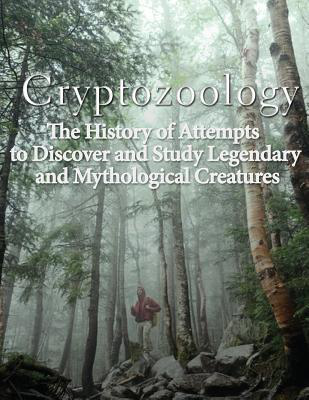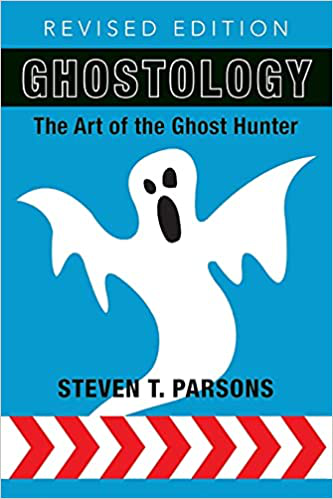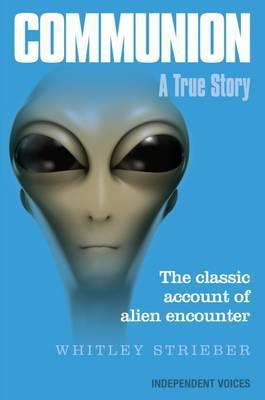Exorcism in Modern Culture: Bridging the Faith Divide
Ghost/Paranormal
Tuesday 19th, December 2023
Exorcism, a practice deeply rooted in religious traditions, has found an unexpected place in modern culture, transcending the boundaries of faith and skepticism. As the line between believers and non-believers becomes less defined than ever, the phenomenon of exorcism has become a fascinating intersection where ancient rituals meet contemporary discourse.
One of the key contributors to the modern cultural fascination with exorcism is its pervasive representation in popular media. Films like "The Exorcist" and television series like "The Exorcism of Emily Rose" have brought the ancient ritual to the forefront of public consciousness. These portrayals, while often dramatized for entertainment purposes, have sparked discussions about the nature of good and evil, as well as the intersection of faith and reason.
The advent of social media has played a significant role in disseminating information about exorcism and related phenomena. Exorcism stories, once confined to religious circles, now circulate widely, reaching audiences across different belief systems. This widespread sharing of information has led to increased awareness and curiosity, breaking down barriers between believers and non-believers.
Exorcism, historically associated with Christianity, has become a topic of interest in interfaith dialogue. Discussions on possession and spiritual interventions are not limited to Christian denominations; they involve a broader conversation that includes perspectives from various religious and spiritual traditions. This inclusivity has led to a more nuanced understanding of exorcism as a cultural and historical phenomenon, regardless of one's personal beliefs.
The intersection between psychology and the paranormal has further blurred the lines between faith and skepticism regarding exorcism. Mental health professionals often emphasize the importance of considering psychological factors in cases that might have once been attributed solely to possession. This collaborative approach encourages a dialogue between religious practitioners and mental health experts, fostering a more comprehensive understanding of the complexities involved.
In an era marked by scientific advancements and increased skepticism, the discussion around exorcism has shifted from blind acceptance to critical inquiry. Non-believers are more willing than ever to engage in conversations about religious practices, seeking explanations rooted in science and reason. This open dialogue encourages a more nuanced approach to understanding the cultural significance of exorcism.
Exorcism, once a fringe practice confined to the realm of religious rituals, has become an unexpected focal point in modern culture. As lines between faith and skepticism blur, discussions surrounding exorcism have transcended religious boundaries, permeating popular media, social platforms, and interdisciplinary dialogues. The cultural fascination with exorcism reflects a broader shift in society, a movement toward inclusivity, dialogue, and an appreciation for the diverse ways individuals make sense of the mysteries that surround us. Whether one is a fervent believer or a staunch skeptic, the modern discourse on exorcism serves as a bridge, inviting people from all walks of life to explore the complexities of faith, reason, and the unexplained.
One of the key contributors to the modern cultural fascination with exorcism is its pervasive representation in popular media. Films like "The Exorcist" and television series like "The Exorcism of Emily Rose" have brought the ancient ritual to the forefront of public consciousness. These portrayals, while often dramatized for entertainment purposes, have sparked discussions about the nature of good and evil, as well as the intersection of faith and reason.
The advent of social media has played a significant role in disseminating information about exorcism and related phenomena. Exorcism stories, once confined to religious circles, now circulate widely, reaching audiences across different belief systems. This widespread sharing of information has led to increased awareness and curiosity, breaking down barriers between believers and non-believers.
Exorcism, historically associated with Christianity, has become a topic of interest in interfaith dialogue. Discussions on possession and spiritual interventions are not limited to Christian denominations; they involve a broader conversation that includes perspectives from various religious and spiritual traditions. This inclusivity has led to a more nuanced understanding of exorcism as a cultural and historical phenomenon, regardless of one's personal beliefs.
The intersection between psychology and the paranormal has further blurred the lines between faith and skepticism regarding exorcism. Mental health professionals often emphasize the importance of considering psychological factors in cases that might have once been attributed solely to possession. This collaborative approach encourages a dialogue between religious practitioners and mental health experts, fostering a more comprehensive understanding of the complexities involved.
In an era marked by scientific advancements and increased skepticism, the discussion around exorcism has shifted from blind acceptance to critical inquiry. Non-believers are more willing than ever to engage in conversations about religious practices, seeking explanations rooted in science and reason. This open dialogue encourages a more nuanced approach to understanding the cultural significance of exorcism.
Exorcism, once a fringe practice confined to the realm of religious rituals, has become an unexpected focal point in modern culture. As lines between faith and skepticism blur, discussions surrounding exorcism have transcended religious boundaries, permeating popular media, social platforms, and interdisciplinary dialogues. The cultural fascination with exorcism reflects a broader shift in society, a movement toward inclusivity, dialogue, and an appreciation for the diverse ways individuals make sense of the mysteries that surround us. Whether one is a fervent believer or a staunch skeptic, the modern discourse on exorcism serves as a bridge, inviting people from all walks of life to explore the complexities of faith, reason, and the unexplained.



